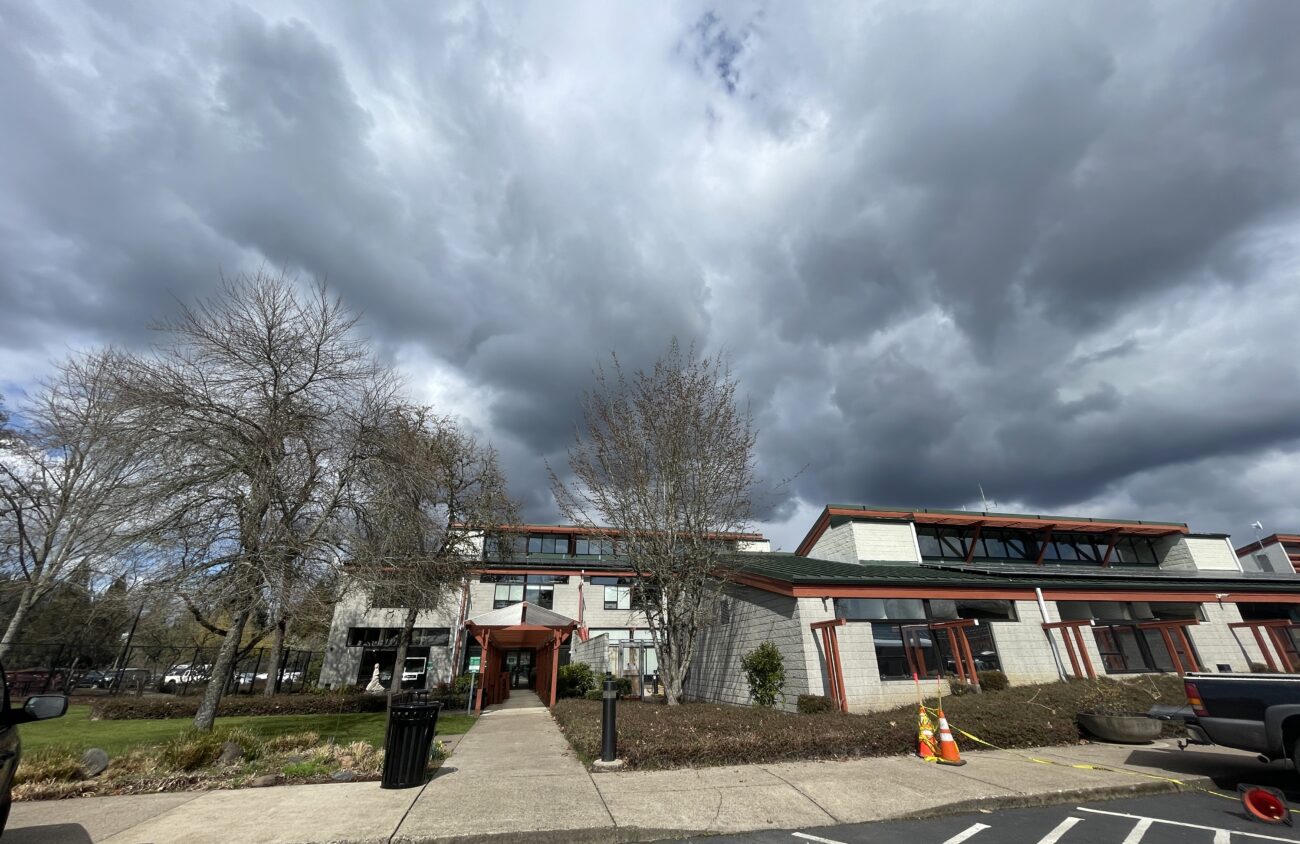A two-decade-long legal battle between two Springfield utility providers over who services a 200-home residential neighborhood may be drawing to a close.
In January, a Lane County District Court ruled that Springfield Utility Board (SUB) cannot take territory or facilities from Emerald Public Utility District (EPUD).
SUB has chosen not to appeal the ruling. For 20 years, SUB has tried to take over providing electrical service in the residential neighborhood southeast of Springfield called Natron.
On Jan. 20, the court ruled that SUB does not have the authority to “condemn” the EPUD infrastructure servicing the 200 homes in Natron per their request. SUB had filed a validation action with the Circuit Court to get the permission to use eminent domain to take over EPUD’s infrastructure.
Eminent domain is when the government — federal, state or municipality — seizes private property for public use with just compensation, without the owner’s consent. Condemnation is the proceedings through which that happens.
“Now that SUB has lost once again, I hope they finally accept the court’s decision and put an end to this wasteful episode,” EPUD General Manager Kyle Roadman wrote in an online post. “I have to think they have better ways to spend their time and money. We certainly do.”
Because of SUB’s legal action, EPUD spent about $250,000 in attorney’s fees, which were directly paid by ratepayers. Similarly, SUB spent $66,000 on its attorneys during its attempt to take over the land, all using public funds.
“It wasn’t our objective to start here,” Jeff Nelson, SUB’s general manager says.
According to Nelson, SUB reached out to EPUD in 2021 and 2022 to see about purchasing the electric service area and the infrastructure built on it for more than $1.3 million through a transfer agreement. The dollar figure was determined based on SUB’s assessment of property and infrastructure value.
This wasn’t the first time SUB made a play for the service area.
In 2000, Springfield moved its urban growth boundary to include the Natron area south of Thurston. EPUD has been providing electricity to the area for 40 years, ever since the public utility district began operations in 1983.
SUB moved to incorporate the area into its own territory through legal means. In December 2005, the Oregon Supreme Court ruled in favor of EPUD.
The Supreme Court concluded that no city holds any authority to transfer power to another provider; the Oregon Public Utility Commission draws the borders for service maps. “The law in Oregon is very clear that electric service providers’ boundaries are basically fixed,” Roadman says. According to EPUD, this is the first time in Oregon history a public utility company tried to take over the assets of another publicly owned utility company.
EPUD serves about 22,000 homes and businesses in rural areas surrounding Eugene/Springfield. “We took over a lot of the county areas that nobody else wanted to serve,” Roadman says.
As confirmed by documents obtained by Eugene Weekly, SUB has raised its rates by 39 percent since the 2005 ruling and has been raising them every year for the last nine years. According to EPUD president Charles Kimball, EPUD’s rates have not increased once in the last five years.
Kimball and Roadman say they believe SUB was pursuing the service area so relentlessly to become more financially secure. During a meeting on Jan. 25, Nelson wrote to Springfield Mayor Sean VanGordon that the amount of ratepayers has not grown significantly while costs for serving water and electricity have risen dramatically, according to documents obtained by the Eugene Weekly.
SUB was committed to the continued pursuit of the Natron area. “As long as the urban growth boundary is what it is, I think that’ll always be on the table,” SUB’s Nelson says. He says that SUB should be able to incorporate the service area into its own electric network in order to provide a higher standard of service to its customers. SUB is already the water utility for the area.
However, there are other areas in Springfield within the urban growth boundary that — like Natron — are served by other utility companies such as Eugene Water and Electric Board and EPUD.
The city of Springfield, which charters SUB, has made no public statement on this issue. According to Roadman, Kimball and EPUD’s website, behind closed doors, the city was very sympathetic toward EPUD and disagreed with SUB’s actions and methods. The city of Springfield did not respond to EW’s questions before press time.
SUB decided not to pursue an appeal. “Based upon the totality of the opinion, and the limited scope reviewing one specific resolution, SUB did not find a reason to appeal,” Nelson wrote in an emailed statement to Eugene Weekly.
Roadman says EPUD is glad this legal battle is over. After 20 years, the utility wants to move on to more important matters and is “pulling every lever available” to make sure that it retains control.
This story has been updated.
